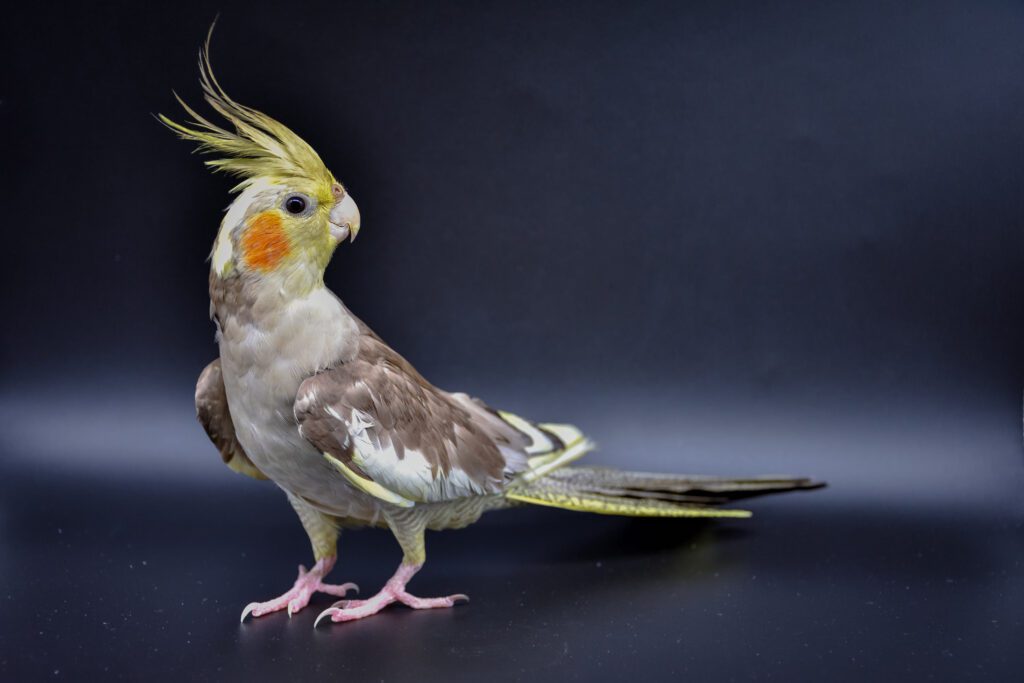
Free Delivery
On Orders Over £40
On Raw Orders Over £100
There are many attractive factors about owning a pet bird which might tempt somebody to go out and buy one. The bright colours, the talking, the novelty aspect. However, they are far from the lowest maintenance pets. They require a huge commitment (sometimes life long!) and can have very specific needs. Here are some of the key things to consider before deciding whether or not to take on a bird as a pet.

We tend to not want to think about how long our pets might live, but when it comes to birds it is a really important consideration. Some of the larger breeds of parrot, such as African Greys, Amazons and Macaws, can live anywhere from 50-75 years! Depending on how old you are when you first buy your pet, there’s a very real possibility that it could outlive you. This needs to be factored into your decision regarding which breed to buy, or whether to buy one at all. It’s worth thinking about what provisions can be made if this were to happen. Who would you trust to take over the care of your feathered family member? After all, after being around for such a long time, that is exactly what they would be.
Something to consider with any animal is how much space they need to have to be comfortable. Birds will obviously need a cage big enough for them to stretch and move around in, but they also need to be able to extend and use their wings properly, in order to mimic their natural behaviour as much as possible. This means allowing them out of the cage with secure access to a room of your house. You need to consider whether you’re happy to sacrifice this space to a pet; if you only live in a small property, you may be better off sticking with smaller breeds such as budgies. Larger birds may also benefit from an enclosed outside space, although an aviary would be a considerable additional expense.
Don’t forget that your bird’s home needs to be in a suitable environment; away from direct sunlight or draughts, away from the kitchen and any strong smells or fumes, and out of reach of any other curious pets.
Most parrot breeds are very intelligent and require regular enrichment and training. You need to make sure you can commit the necessary time and attention. Intelligent birds can quickly get bored, which can lead to them becoming aggressive, destructive or even depressed. As well as daily interaction, make sure they also have access to plenty of toys and objects for them to engage with.
If you’re buying a parrot because you want to teach it to talk, you may need to manage your expectations. Training a bird to talk is a long and repetitive process which requires a lot of patience and perseverance. However, the end result can be incredibly rewarding and can strengthen the bond between bird and owner.
DID YOU KNOW?
The African Grey parrot can learn over 1000 words! They can also use them correctly in sentences.

While the size of your property may be one factor in selecting a breed of bird, the proximity to neighbours may also be something you need to think about. Large parrots, particularly Cockatoos and African Greys, can be very noisy, particularly as they learn more words. If you live in a terraced house or a block of flats, it’s worth considering that your neighbours might not appreciate being woken up at dawn by a loud bird testing out its latest vocabulary. Smaller birds are far less talkative, but their chirps can be fairly high pitched and piercing.
One top tip that we’ve come across to help combat noise at unsociable hours is to cover the cage with a blanket as it starts to get dark in the evening. This helps to emanate natural darkness and encourages sleep. Some breeds do need around 12 hours of rest a day, so covering the cage for a set number of hours also ensures they get a healthy amount of sleep.
As previously mentioned, a bored bird can quickly become destructive and depressed. If you don’t have the time to spare to engage with a larger bird, they probably aren’t the right pet for you. However, some of the more medium sized and smaller breeds are used to living in flocks. Two or three of these birds can happily keep each other company and take some of the entertainment responsibility off your shoulders. Large breed birds will also live in pairs or groups, but this does not mean that you can stop engaging with them yourself.
The more you interact with a bird, the more they will become attached to you. The more intelligent breeds tend to form very strong attachments to one particular person; they can actually become aggressive towards other people in the household.

It’s important to think about factors like these carefully as pet birds are a huge commitment. However, with the right person, they can be a truly joyful addition to your life.
Check out our caged bird supplies here!
Sign up to get exclusive deals in your inbox.
We won't share your email address.